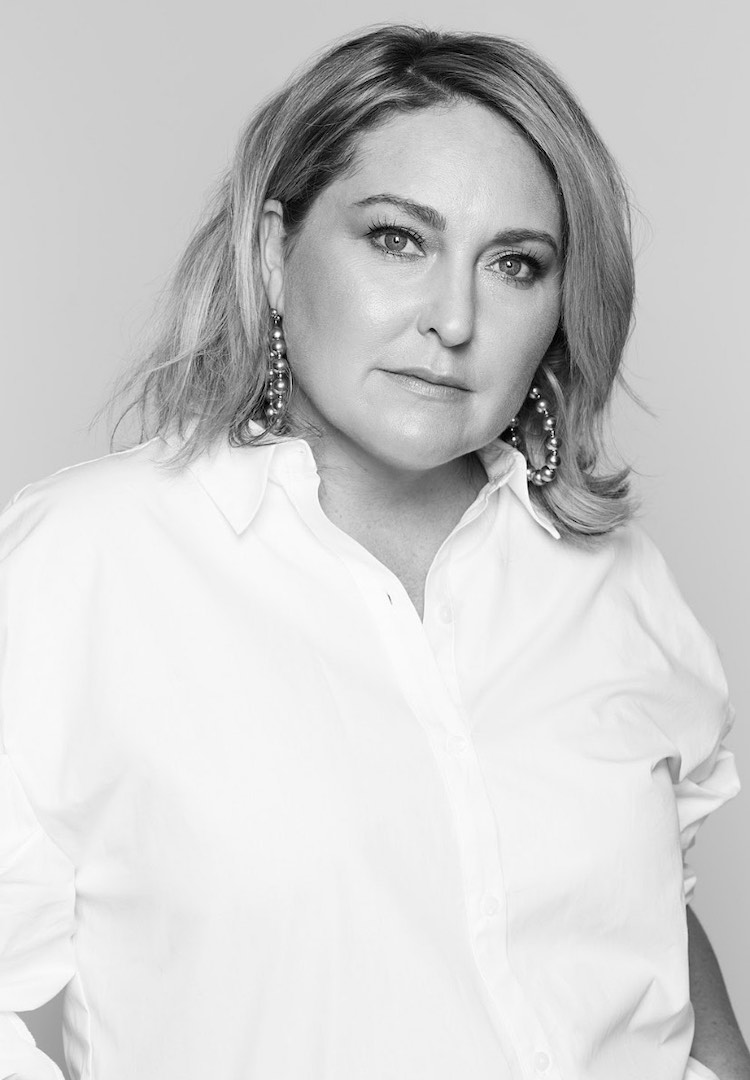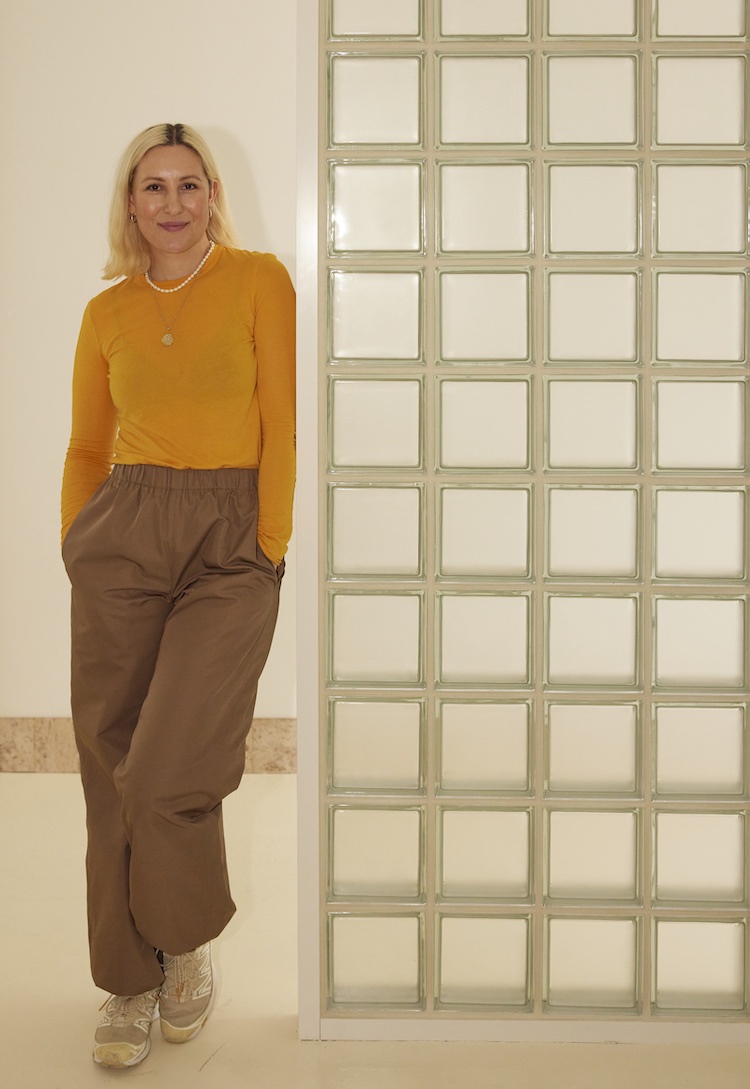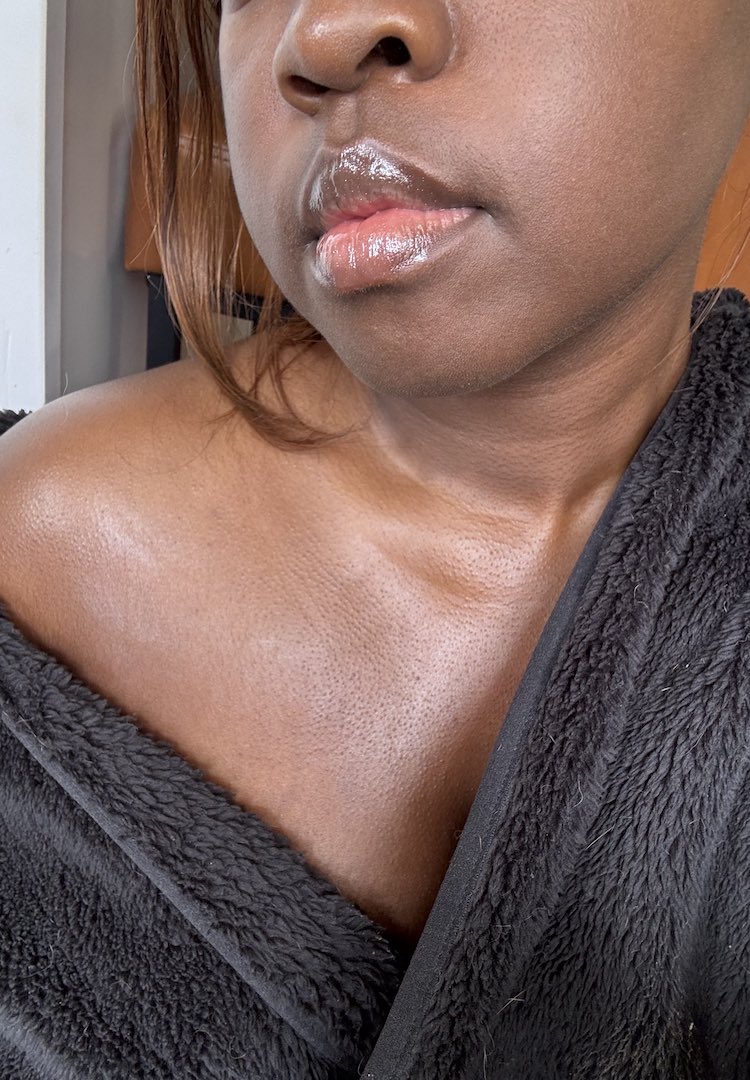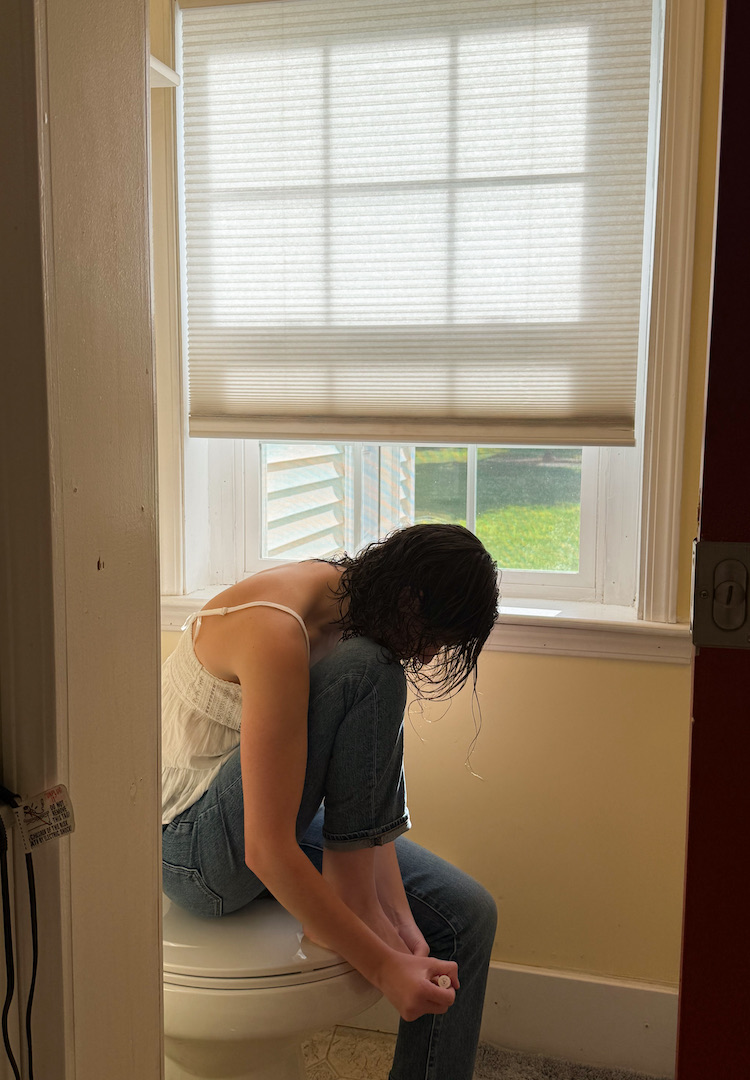Here’s how the managing editor of ‘Vogue Australia’ manages her stress
Words by Joseph Lew
“Being self-aware and knowing when to ask for help is really important.”
We’ve all dealt with stress at some point in our lives. Whether it’s late-night cramming before exams, coffee-fuelled deadlines that need to be met or breakdowns to our boss on Zoom, stress can be an inescapable part of life.
Each and every one of us deals with stress in our own unique way. Some of us meticulously plan out every minute of every day, some of us take out our nervous energy on punching bags or the treadmill, and some of us – a category that unashamedly includes me – just sleep instead of dealing with the pressure of it all.
Your boss called us and asked us to ask you to sign up to Fashion Journal’s newsletter ahead of your next meeting. Do it here.
To address my unproductive and (slightly) unhealthy coping habits, I thought I’d seek some advice from someone well acquainted with dealing with stress. After racking my brain for one of the most stressful positions I could think of, I reached out to Louise Bryant, the managing editor of Vogue Australia, Vogue Living and GQ Australia to talk all things stress.
Hi Louise. What is your official title?
I work within the News Prestige Network, and I am the managing editor at Vogue Australia, Vogue Living, GQ Australia.
What does a typical workday look like for you?
As cliche as it sounds, no two days are the same, however, that’s the way I like it. I typically start my day early checking emails, however first up I’ll scan my favourite media platforms to keep across news and current affairs. From 7am, I usually spend time conferencing to resolve anything urgent. As well, I’ll respond to what’s come in overnight. I generally try and use the morning to set my day up for success. I’ll also try to fit in exercise – a walk or swim in Bondi. Once I get to the office it’s back-to-back meetings, emails and a lot of troubleshooting. I’m not afraid of a good problem to solve and if I can ensure someone else’s time is maximised and adds value as a result, then I feel like I’m doing an okay job.
What are some common stressors you encounter?
Email! Emails are everyone else’s to-do list for you. Sometimes I can find the volume overwhelming and although I’ve read that it’s a good idea to step away from emails for a portion of the day I find it really difficult.
What are some of the ways you manage stress at work?
Having the ability to see around corners and plan in advance can prevent a problem from derailing [work]. Aside from that, it’s important to take regular breaks, manage time, and not get caught up in the minutiae. I also try and adopt author Brian Tracy‘s tip: “eat that frog“. And by that, I mean that I tackle the one thing each morning that I am likely to procrastinate on unless I do something about it.
Why is it important for you to manage your stress?
It makes you a better leader and it’s a smarter way of working. I remember when I was starting out in media in a fairly junior role, and I was trying to do too much all at once and my mentor/boss pulled me aside and told me that I appeared stressed all the time and to slow down (a bit). If stress is affecting your ability to work it can have a huge impact on what you are able to deliver, not to mention how it might impact your colleagues and others around you. Being self-aware and knowing when to ask for help is really important. I speak up and ask for advice often, given that I work with a really smart team.
After the past year, how do you compartmentalise work and home life?
I’m not so sure there is such a thing as work-life balance though I do think you can go about creating your own balance by prioritising things that matter the most and doing things you enjoy. During COVID-19, there was an enormous shift in our way of working and I was very conscious of the way we had to work remotely and the impact it was having on everyone’s mental health in particular.
I felt a great sense of responsibility to ensure there were clear boundaries between work and home life for our team. It was reassuring to know also that we had a great deal of support from all corners of the company during a time of huge adjustment. As we start to emerge from COVID-19 here in Australia, one of the key positives is that we can generally work anywhere/anytime and not necessarily within the traditional confines. There is a shift in expectations, and I find it to be more collaborative and flexible.
Need more advice on dealing with stress in the workplace? Try these out.













